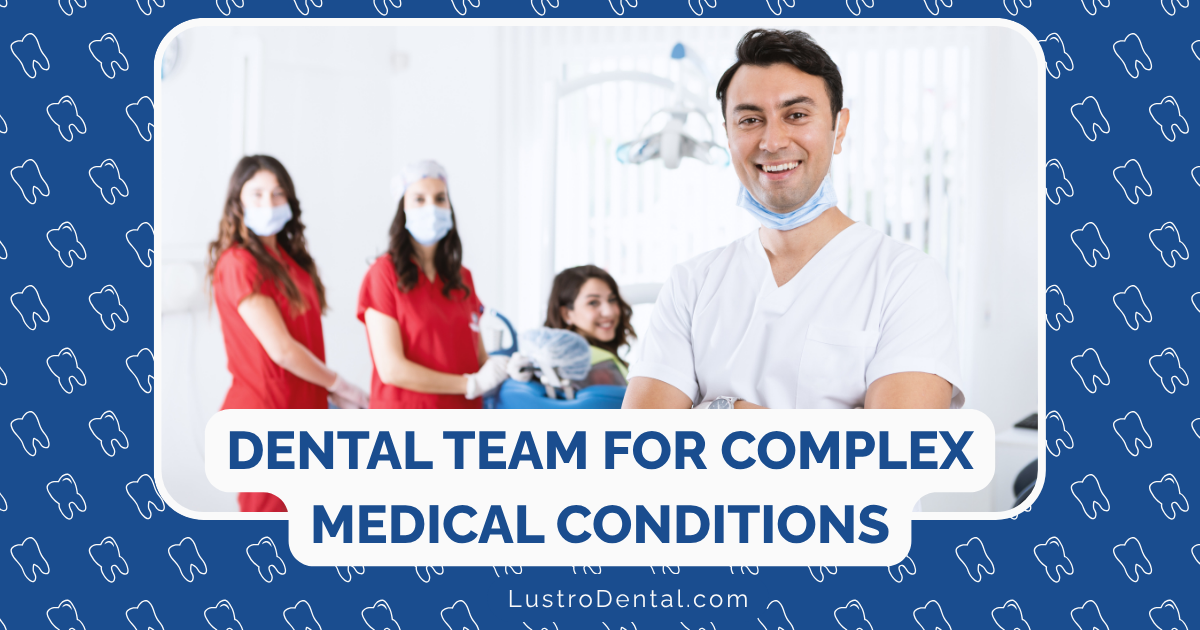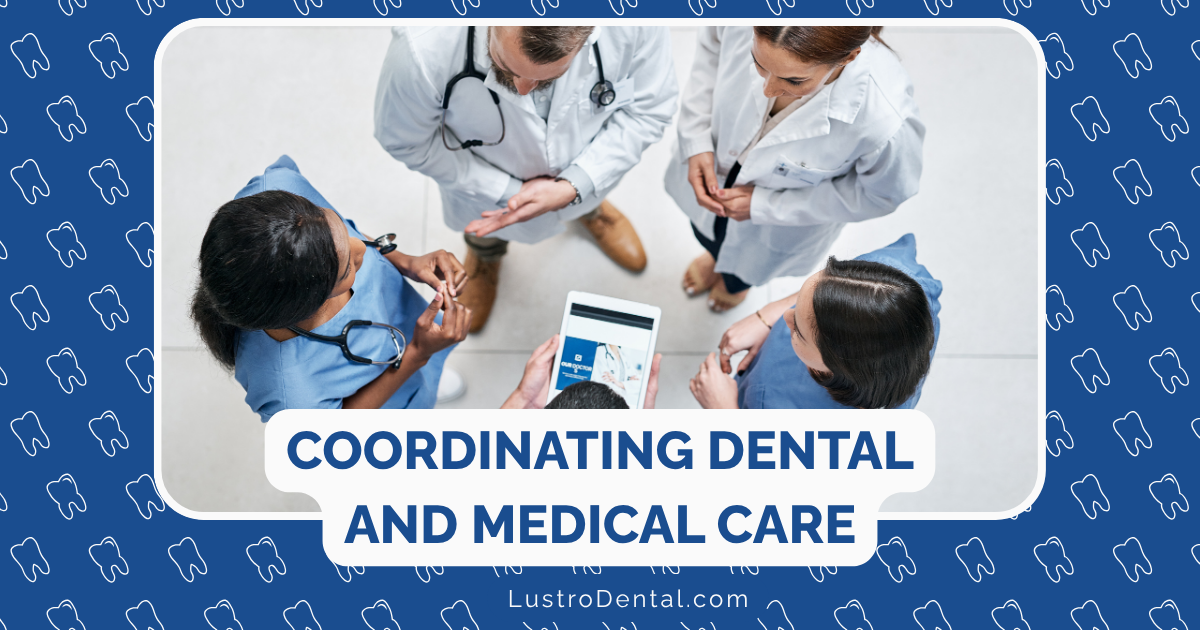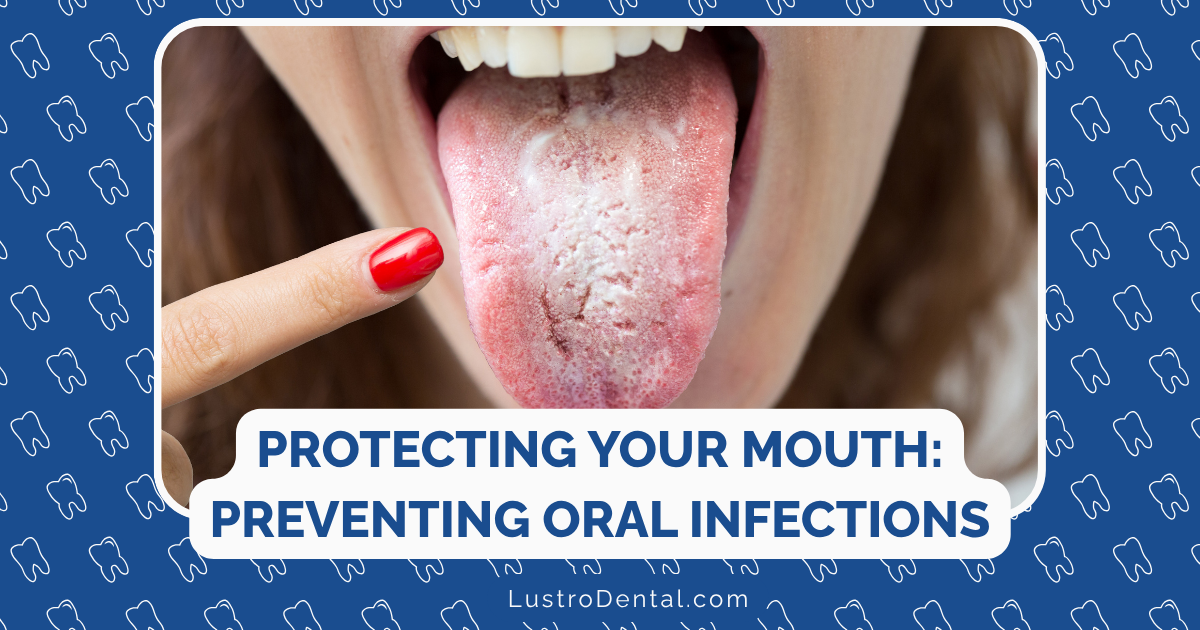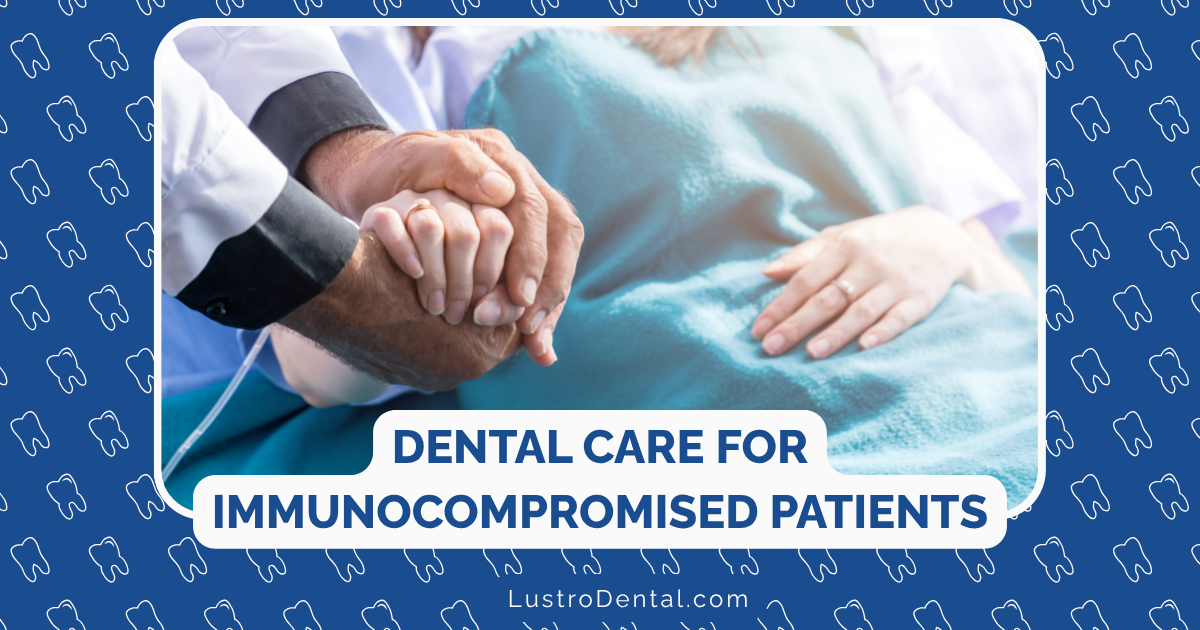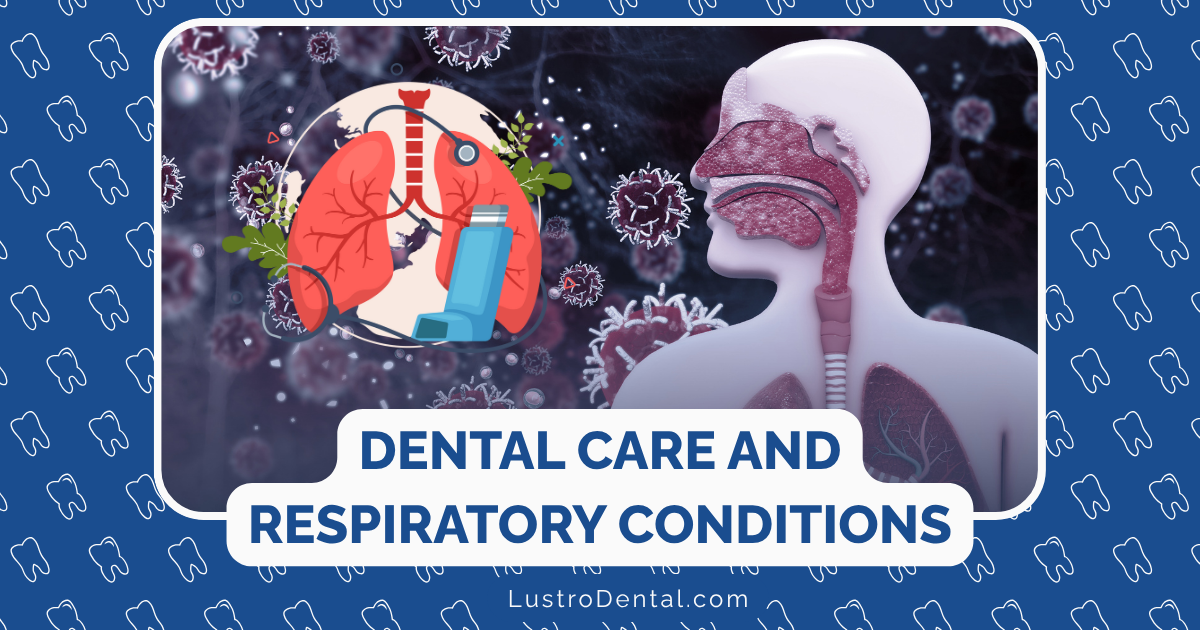Post-Pregnancy Dental Care: Addressing Changes After Baby
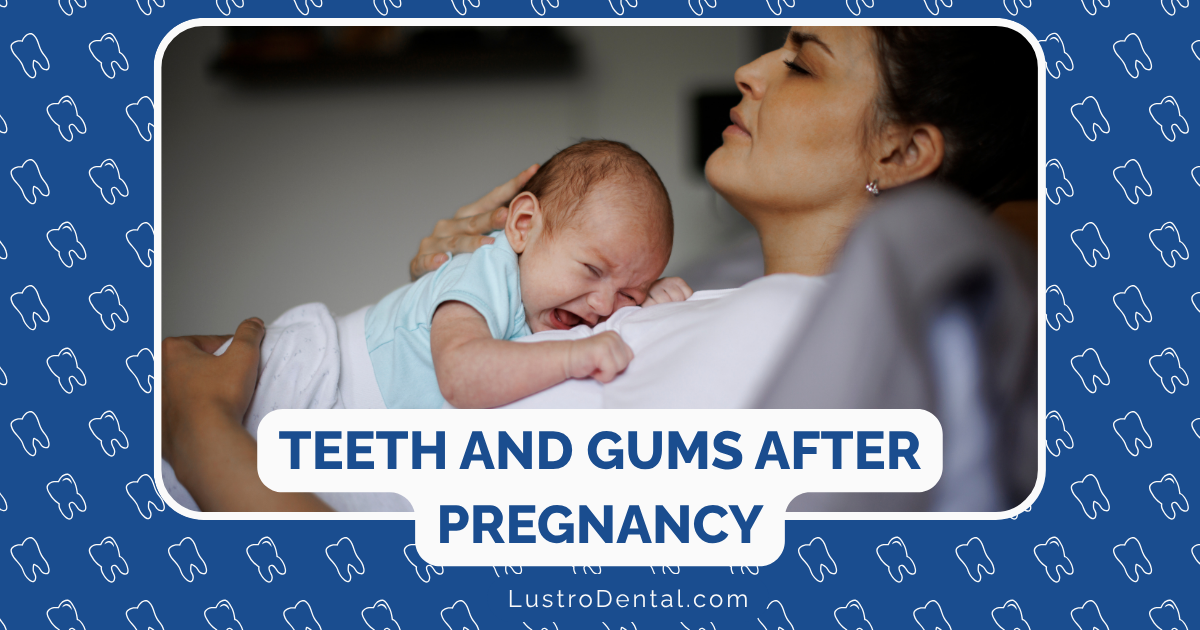
You’ve navigated nine months of pregnancy, made it through delivery, and now you’re adjusting to life with your new baby. Amid midnight feedings and diaper changes, your dental health might be the last thing on your mind. But those pregnancy-related dental changes don’t magically disappear once your baby arrives—and some new challenges might emerge.
As a new mom, your oral health deserves attention, not just for your sake but for your baby’s future dental health too. Let’s explore what happens to your teeth and gums after pregnancy and how you can maintain a healthy smile during this transformative time.
How Your Mouth Changes After Pregnancy
You might have expected your body to return to its pre-pregnancy state immediately after delivery, but the reality is that many changes—including those affecting your oral health—take time to resolve.
Hormonal Shifts Continue
“Many women don’t realize that the hormonal roller coaster doesn’t stop at delivery,” explains Dr. Melissa Chen, a dentist specializing in women’s oral health. “While estrogen and progesterone levels drop dramatically after childbirth, they don’t immediately return to pre-pregnancy levels, especially if you’re breastfeeding.”
According to research published in the Journal of Turkish German Gynecological Association, postpartum oral inflammation may persist for up to three months after delivery. This means that pregnancy gingivitis—characterized by red, swollen, and bleeding gums—might continue to be an issue even after your baby arrives.
New Lifestyle Factors
Beyond hormones, your new lifestyle as a mom introduces several factors that can affect your dental health:
- Sleep deprivation can lead to decreased saliva production, increasing cavity risk
- Irregular eating patterns might mean more frequent snacking on convenient (often sugary) foods
- Hydration challenges while breastfeeding can contribute to dry mouth
- Stress and anxiety may lead to teeth grinding or clenching
- Limited time for self-care often pushes dental hygiene down the priority list
A 2023 study published in PMC found that new mothers often neglect their oral health, with only 27% visiting a dental hygienist during pregnancy and many continuing to postpone care after delivery.
Common Postpartum Dental Concerns
1. Persistent Gingivitis
While pregnancy-related gum inflammation typically improves after delivery, it doesn’t always resolve immediately. According to the American Dental Association, about 60-75% of pregnant women develop gingivitis, and many continue to experience symptoms during the postpartum period.
Signs that require attention include:
- Gums that bleed easily during brushing or flossing
- Red, swollen, or tender gums
- Persistent bad breath
- Receding gum line
2. Enamel Erosion and Sensitivity
If you experienced morning sickness during pregnancy, your teeth might have sustained enamel damage from stomach acid exposure. This erosion can continue to cause sensitivity to hot, cold, or sweet foods and beverages after pregnancy.
“Enamel doesn’t regenerate,” notes Dr. Chen. “So any damage sustained during pregnancy needs to be addressed postpartum to prevent further deterioration.”
3. Increased Risk of Cavities
Several factors contribute to a higher cavity risk after pregnancy:
- Dietary changes (including increased snacking and carbohydrate consumption)
- Reduced attention to oral hygiene due to time constraints
- Decreased saliva production, especially while breastfeeding or experiencing sleep deprivation
4. Temporomandibular Joint (TMJ) Issues
The stress of caring for a newborn can manifest physically as teeth grinding or jaw clenching, particularly during sleep. This can lead to jaw pain, headaches, and even damage to your teeth over time.
5. Loose Teeth
Some women experience increased tooth mobility during pregnancy due to hormonal effects on the ligaments and bones supporting the teeth. While this usually resolves postpartum, persistent looseness should be evaluated by a dentist.
Practical Dental Care Strategies for New Moms
Finding Time for Oral Hygiene
When you’re struggling to find time to shower, brushing for a full two minutes twice daily might seem impossible. Try these practical approaches:
- Brush during baby’s naps: Keep a toothbrush and toothpaste in multiple locations around your home
- Use one-handed products: Consider a U-shaped electric toothbrush that can clean all teeth simultaneously
- Multitask: Brush while in the shower or while the baby is safely in a bouncer in the bathroom with you
- Set reminders: Use your phone to schedule dental care time
- Enlist help: Have your partner take the baby for 5 minutes while you complete your oral care routine
Hydration and Nutrition
Staying hydrated is crucial, especially if you’re breastfeeding. Dehydration can reduce saliva production, which naturally helps protect your teeth from decay.
- Keep water bottles stationed throughout your home
- Set hydration goals and track your intake
- Choose tooth-friendly snacks like cheese, yogurt, nuts, and crunchy vegetables
- Limit sugary and acidic foods and beverages
- Consider calcium and vitamin D supplements (consult with your healthcare provider first)
Addressing Dry Mouth
If you’re experiencing dry mouth—common during breastfeeding and with disrupted sleep—try these solutions:
- Use alcohol-free mouthwash specifically designed for dry mouth
- Try over-the-counter dry mouth sprays or lozenges
- Chew sugar-free gum with xylitol to stimulate saliva production
- Use a humidifier in your bedroom
Navigating Dental Visits
According to the American College of Obstetricians and Gynecologists (ACOG), dental care is an important part of postpartum care. Here’s how to make it happen:
- Schedule wisely: Book appointments during times when your baby is typically content or sleeping
- Bring support: Have a partner, friend, or family member accompany you to help with the baby
- Inform your dentist: Let them know you’re postpartum and whether you’re breastfeeding, as this may influence treatment decisions
- Consider dental offices with childcare options: Some family dental practices offer this service
Dental Treatments While Breastfeeding
Many new mothers worry about the safety of dental procedures while breastfeeding. The good news is that most dental treatments are compatible with breastfeeding.
Safe Medications and Treatments
According to research published in the Journal of Turkish German Gynecological Association:
- Local anesthetics like lidocaine are considered safe, as they pass into breast milk at very low rates
- Pain relievers such as ibuprofen and acetaminophen (paracetamol) are generally safe for breastfeeding mothers
- Dental X-rays are safe with proper shielding
- Routine cleanings and fillings pose no risk to your baby
Considerations for Antibiotics and Other Medications
Some antibiotics commonly prescribed for dental infections require more careful consideration:
- Tetracyclines should be avoided while breastfeeding
- Metronidazole may affect the taste of breast milk
- Always inform both your dentist and pediatrician about any medications you’re taking
Dr. Sarah Johnson, a pediatric dentist and lactation consultant, advises: “Communication is key. Make sure your dentist knows you’re breastfeeding, and don’t hesitate to ask questions about any medications or treatments being recommended.”
The Connection Between Your Oral Health and Your Baby’s
Research shows a direct link between a mother’s oral health and her child’s future dental health. According to a study cited in PMC, children born to women with untreated dental cavities are three times more likely to have cavities themselves.
This connection occurs in several ways:
- Bacterial transmission: The bacteria that cause cavities can be transmitted from mother to baby through shared utensils, kissing, or cleaning a pacifier with your mouth
- Modeling behavior: Your child will learn oral hygiene habits by watching you
- Genetic factors: Some aspects of dental health have genetic components
- Nutritional choices: Your food preferences influence what you offer your child
By maintaining your own oral health, you’re laying the groundwork for your child’s future dental well-being.
When to Seek Professional Help
While some postpartum dental changes are normal, certain symptoms warrant prompt professional attention:
- Severe or persistent gum bleeding
- Gums that are very swollen, red, or painful
- Loose teeth
- Persistent jaw pain or headaches
- Visible changes to your teeth, such as chips, cracks, or discoloration
- Sensitivity that interferes with eating or drinking
- Any oral pain that doesn’t improve with over-the-counter pain relievers
Long-Term Dental Health Strategies
As your body recovers from pregnancy and you adjust to motherhood, consider these strategies for long-term dental health:
Establish a Routine
Create a sustainable oral hygiene routine that works with your new lifestyle. This might mean shorter but more frequent brushing sessions, or finding creative ways to incorporate flossing into your day.
Invest in Time-Saving Tools
Consider tools that maximize efficiency:
- Electric toothbrushes with built-in timers
- Water flossers that can be used one-handed
- Floss picks that are easier to use than traditional floss
- Portable oral hygiene products for on-the-go care
Schedule Regular Dental Check-ups
According to the Centers for Medicare & Medicaid Services (CMS), oral health evaluations are now recognized as an important quality measure for maternal health. Make dental check-ups a regular part of your postpartum care plan.
Address Postponed Dental Work
If you delayed dental treatments during pregnancy, now is the time to address them. Many dental issues only worsen with time, potentially leading to more extensive and expensive treatments later.
A New Normal for Your Dental Health
Becoming a mother changes everything—including your approach to personal care. While the demands of caring for a newborn are intense, finding small ways to maintain your oral health will benefit both you and your baby in the long run.
Remember that perfect dental care isn’t the goal during this season of life. Small, consistent efforts matter more than perfection. Be gentle with yourself as you navigate this new chapter, and don’t hesitate to ask for help—whether from your partner, family members, or dental professionals.
Your smile has the power to light up your baby’s world. Taking care of it is an investment in both your health and the precious moments you’ll share with your little one.
Have you experienced dental changes after pregnancy? What strategies have helped you maintain your oral health as a new parent? Share your experiences in the comments below!


